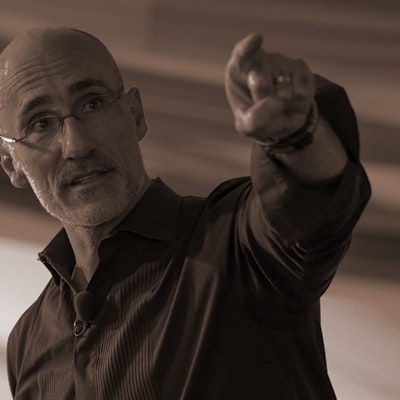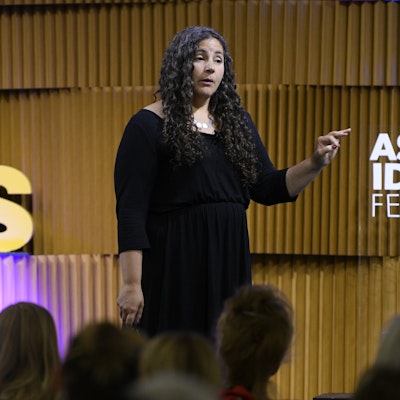
We're not comfortable with statements that are emotionally loaded.
Show Notes
A crisis is emerging that could pose as grave a threat to public health as obesity or substance abuse: social isolation. Neuroscientists have identified regions of the brain that respond to loneliness, and a powerful body of research shows that lonely people are more likely to become ill, experience cognitive decline, and die early. Across the industrialized world, millions of people live with sparse human contact, putting their well-being at risk. Does social media drive loneliness, or help to cure it? How does loneliness alter the brain, and how can we treat this condition? Featured guests are Carla Perissinotto, Dixon Chibanda, Julianne Holt-Lunstad, and Katie Hafner.
Speakers
-
 Dixon ChibandaFounder and Director of Friendship Bench
Dixon ChibandaFounder and Director of Friendship Bench -
 Carla PerissinottoAssociate Professor, Geriatrics Division, Department of Medicine, Univ...
Carla PerissinottoAssociate Professor, Geriatrics Division, Department of Medicine, Univ... -
 Julianne Holt-LunstadProfessor of Psychology and Neuroscience, Brigham Young University
Julianne Holt-LunstadProfessor of Psychology and Neuroscience, Brigham Young University -
 Katie HafnerHealth Care Writer, The New York Times; Author, Mother Daughter Me
Katie HafnerHealth Care Writer, The New York Times; Author, Mother Daughter Me
Explore
Related episodes


How can we avoid the middle age blues and feel purposeful later in life?


Arthur Brooks on bringing the most happiness to the most people.


New research suggests that much of what people think about happiness is wrong.


Yale's Laurie Santos gives a crash course on how to feel less stressed and depressed.


How will emerging technologies continue to impact a new generation of Americans?






